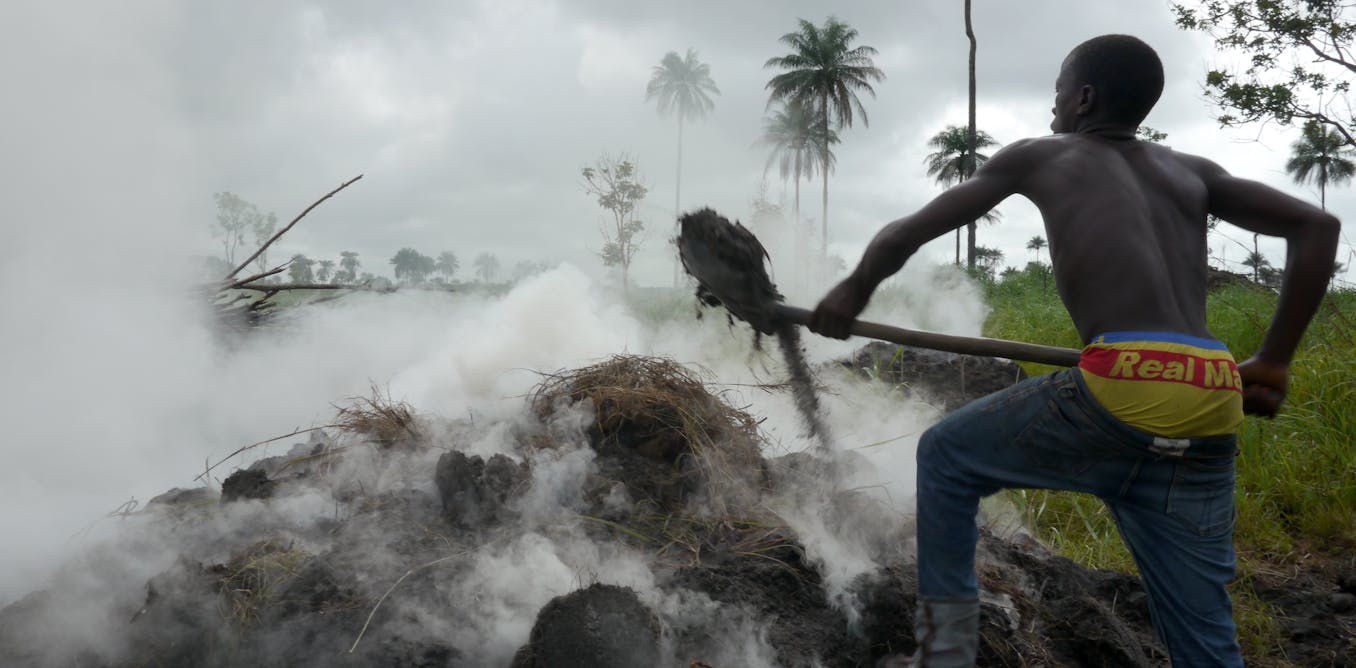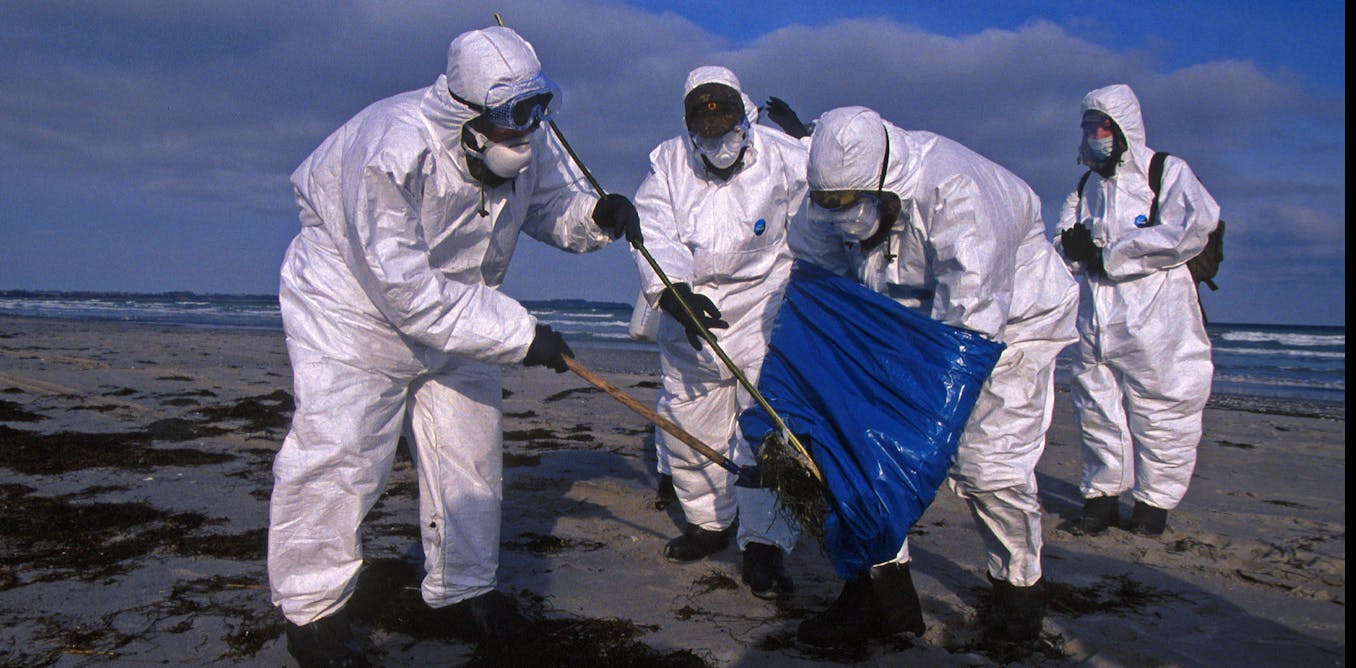Claims of COP26's success have been unpicked – but political journalists have repeated the spin
Mainstream reporters not familiar with the topic may spin the summit as a huge success or devastating failure.
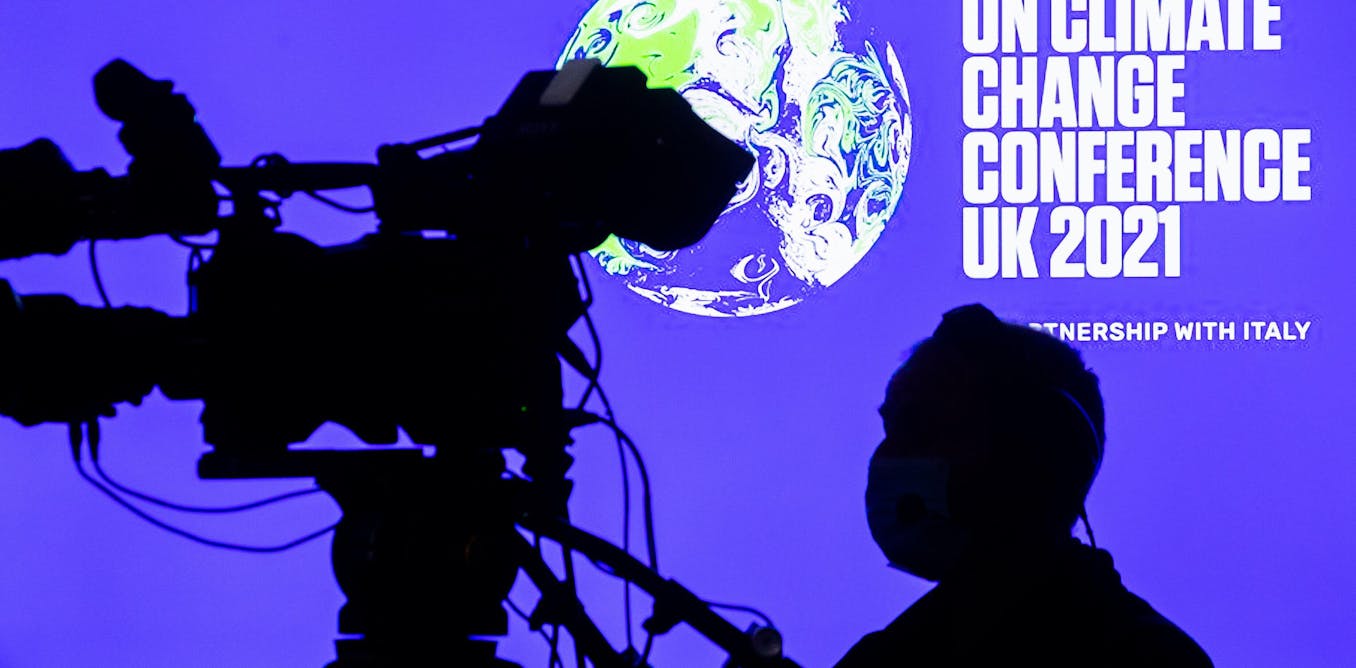
If there is one thing that everyone needs from a UN climate summit, it is clarity. Deciphering the mass of decisions, deals, pacts, coalitions and pledges matters greatly if scientists, campaigners, policymakers and the public are to understand how the summit has advanced the goal of halting climate change and where it has fallen short.
For months now, political journalists in the UK have played up the notion that summit success is intimately tied to the personage and polemic power of Boris Johnson. Created in part by supportive newspapers, the idea has a very practical consequence: the summit cannot fail. Which has had an unfortunate impact on clarity.
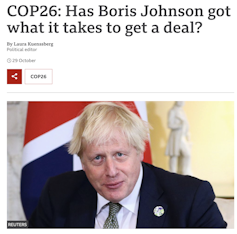
One of the distinguishing features of the first week at COP26 in Glasgow was a “blizzard” of announcements on three of the UK presidency’s four priorities – coal, cash and trees. They were preceded by a global pledge on reducing methane emissions, and succeeded by three evaluations of the combined impact of these various announcements.
We suspect that the decision to launch this blizzard during week one of the summit had several overlapping purposes. Firstly, it distracted attention from the start of formal negotiations, which can be a distinctly dysfunctional affair. The announcements also brought real-economy stories such as the decline of coal into a COP setting. Finally, they allow the UK government to tell a story of COP “success” even if week two negotiations founders.
In all of these announcements, headline claims were more evident than clarity on the reality behind them. But claims can be unpicked: and unfortunately for the government spin machine, many were.
Unspinning the spin
Whereas US president Joe Biden claimed the methane pledge could potentially reduce global warming by around 0.2°C, independent analyses suggested the impact would be less than 0.04°C. A “Breakthrough Agenda” to align development in areas such as green hydrogen lacked any operational details.
Most glaringly, the claim that 23 countries had for the first time pledged not to phase out coal-fired electricity generation wilted under scrutiny. For example, ten of the nations, it emerged, are using no coal generation anyway.
Even as the claims were being probed, analysts Climate Resource calculated that all of these pledges, plus new targets announced by a few nations including India, could limit temperature rise to 1.9°C. A day later the International Energy Agency said 1.8°C.
The day after that, the Energy Transitions Commission declared the pledges had substantially closed the gap between likely emission levels in 2030 and those needed to keep global warming below 1.5°C.
All gave crucial caveats, the most important being the two words “if enacted”. Pledges do not cut emissions – policies do. And by common consent – now confirmed by the widely-respected Climate Action Tracker – the sum of governments’ policies is taking us towards 2.7°C of global warming.
Another less-discussed set of caveats concerns double-counting. Most obviously, if enacting one of these pledges makes it easier for a country to meet its overall 2030 target, it is not necessarily obliged to achieve the emission cuts it had planned for in other areas.
And it is here that we return to the need for clarity.
In journalism, crucial caveats can go missing, especially in articles written by political journalists unfamiliar with the topic. And so it has transpired, with the Sunday Times, for example, stating: “The UN warned before the summit that [temperatures] are set to rise to 2.7°C. By the end of the week, experts suggested the agreements reached would lower this to 1.8°C.”
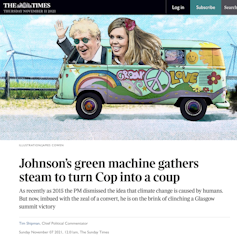
Two days later, when the Climate Action Tracker highlighted the yawning gap between countries’ headline pledges and concrete policies, we had headlines such as “World on track for disastrous heating of more than 2.4°C”.
As a recipe for confusing the public, it is hard to beat.
In reality the COP has made progress. The draft agreement recognises the huge risks posed by climate change and the urgency of finding solutions. There has also been movement on adaptation, finance and loss and damage – and this COP decision could be the first to urge phasing out of coal and ending fossil fuel subsidies.
As we enter the summit’s crucial final days, when spin flies around like chaff from a combine harvester, the stakes are higher than ever. That places an onus on scientists and analysts for full clarity on the caveats, on journalists to reflect them, and on leaders not to over-claim. COP26 will neither be a total success nor a total failure, but somewhere on the spectrum between. The details matter – not least for prioritising what comes next.
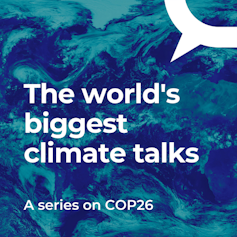
This story is part of The Conversation’s coverage on COP26, the Glasgow climate conference, by experts from around the world.
Amid a rising tide of climate news and stories, The Conversation is here to clear the air and make sure you get information you can trust. More.
Piers Forster receives funding from UK and EU research councils. He sit on the UK Climate Change Committee, but is writing this in a personal capacity.
Richard Black does not work for, consult, own shares in or receive funding from any company or organisation that would benefit from this article, and has disclosed no relevant affiliations beyond their academic appointment.
What's Your Reaction?


















































































